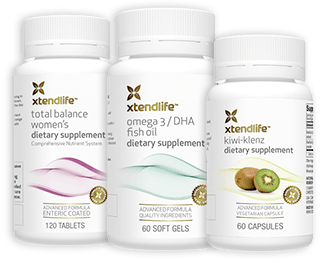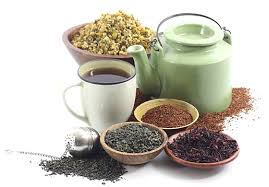Fenugreek Seeds Can Stimulate Breast Milk and Lower BP
Fenugreek seed uses span the gamut from flavoring food to treating wounds to increasing milk production to lowering cholesterol. This powerful herb seems to have endless health applications.
Fenugreek is a member of the bean family, and is native to the eastern Mediterranean area. Ancient peoples used it to make forage more palatable to livestock. Egyptians discovered its ability to treat wounds and inflammation. Other peoples used it for fevers, muscle aches and even as a cure for impotence.
Health benefits of fenugreek are far reaching
Modern fenugreek seed uses are quite different. In addition to its use as imitation maple flavoring, it has shown promise in increasing breast milk production, treating diabetes and even lowering cholesterol.
Breastfeeding Benefits
The benefits of fenugreek in breastfeeding stem from the diosgenin in its seeds, a compound similar to estrogen. As such it increases milk production and stimulates breast tissue growth. It can often be found in natural breast enhancement supplements along with dong quay and other herbs.
Help With Diabetes
Research shows the seeds may help lower blood sugar and reduce the need for insulin. It may also improve glucose tolerance and excretion.
Cholesterol Lowering
Some research has shown that it may inhibit the absorption of cholesterol as well as decrease the amount of cholesterol manufactured by the liver. However, there are cholesterol lowering herbs that have undergone much more clinical testing than fenugreek, and as such are probably better choices for lowering cholesterol.
What about substitutes and side effects?
Although there are many uses and benefits, there is very little clinical evidence supporting most of the applications. However that is often the case for herbal extracts that don't get much attention for one reason or another.
In many cases there is a better substitute in terms of more extensively researched nutrients. For lowering cholesterol policosanol is certainly a more proven substitute for fenugreek, as is garlic, green tea and olive leaf.
There may also be a more proven substitute for fenugreek as far as its uses for diabetes, milk production and other applications.
Side Effects and Recommendations
Fenugreek side effects are minimal and this herb is generally regarded as safe when taken in recommended dosages. Increased amounts (over 100g daily) may cause diarrhea and nausea.
If you are pregnant or nursing, you should probably not take the supplement or other herbs. As with all health supplements, always consult a physician or qualified herbal professional before taking fenugreek or any other herbal supplement. Take added precaution if you have asthma, allergies or diabetes.
What's the bottom line?
As a natural alternative for various ailments, milk thistle does show a lot of promise, despite the lack of scientific evidence as to its efficacy. You might want to give it a try under professional guidance and see if it works for you. Be sure to stick with recommended dosages and only increase as necessary to avoid potential side effects or adverse reactions.
More on our medicinal herbs page or return to the HSG home
Resources...
Search our site...
PREMIUM SUPPLEMENTS
The most advanced herbal supplements on the market
BULK HERBS AND TEAS
Need bulk herbs, teas, supplements and capsules?

